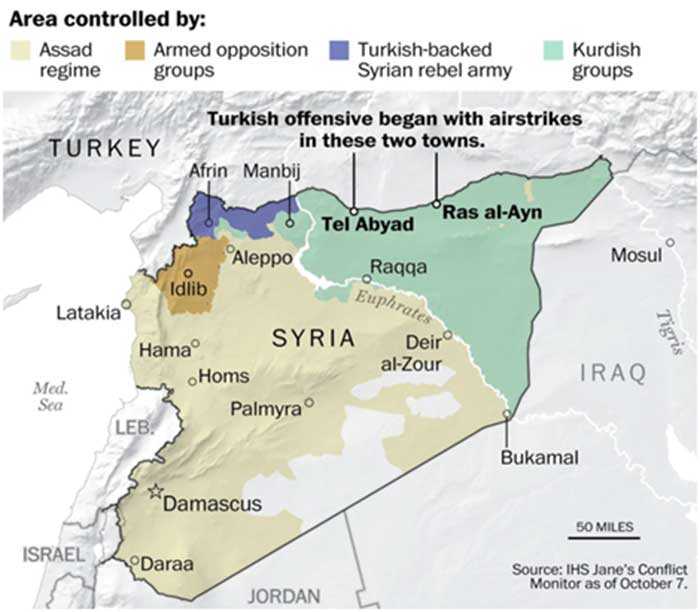Offered annually? Yes
Eligible Countries: Citizens from any African country
To be taken at (country): Kenya
Field of Study: Any field of study, at the PhD level
About the Award: The PhD Scholars Programme is a one-year, non-residential fellowship where PhD Scholars receive a research grant worth up to $5000 to support their research, a travel grant worth up to $2000 for conference travel, and a training grant worth up to $500 for ongoing training. Scholars also benefit from professional and leadership skills trainings provided by Mawazo and our partners, research and editorial support, as well as mentorship and networking opportunities. This programme is designed to amplify our Scholars’ research and position them as the next generation of leading experts, thinkers, and innovators who are finding homegrown solutions to local development challenges.
The call for applications for the 2020 cohort of Mawazo PhD Scholars will be open from October 14th 2019 to November 22nd 2019. Eligible applicants are invited to apply following the instructions below.
Type: PhD
Selection/Eligibility Criteria: In order to be eligible for the PhD Scholars Programme, applicants must:
- be women below the age of 40 as at 1st January 2020
- be citizens of an African country
- be enrolled for their PhD at an accredited university in Kenya, Rwanda, Tanzania or Uganda
- have completed their course work if applicable and passed their departmental proposal defence (i.e. in the dissertation phase of their PhD)
- demonstrate that their research project is related to African development and is relevant to a global, regional, national or sub-national policy priority
- demonstrate potential for leadership both within and outside academia, and a strong passion to leverage their expertise for impact in society
- be available to fully participate in the programme in 2020-2021
Selection: All applications will be reviewed by the Mawazo Institute staff and a panel of external expert reviewers. Successful applicants will demonstrate that they can do the following:
Number of Awards: Not specified
Value of Scholarship: Mawazo PhD Scholars will receive the following benefits:
- Meet all eligibility requirements
- Identify a problem which has important implications for African development and is linked to a global, regional, national or sub-national policy priority
- Demonstrate that their research is academically rigorous and addresses a unique and important gap in the field
- Propose a research project which has clear objectives, is appropriately designed for the question being asked, and can be feasibly executed with the financial resources available and within a one- to two-year timeline.
- Write a summary of their project which is clear, concrete, and accessible to scholars outside their own field
Number of Awards: Not specified
Value of Scholarship: Mawazo PhD Scholars will receive the following benefits:
- A research grant of up to $5000
- A travel grant worth up to $2000 for participation in regional or international conferences
- A training grant worth up to $500 for field specific training not offered by Mawazo
- A stipend worth $500 for discretionary use
- Participation in Mawazo’s in-house professional development and leadership training programme, comprised of a mix of in-person and virtual training modules
- Research and editorial support from the Mawazo staff and our partners
- Connections to mentors, as well as exposure to leaders from academia, industry, government and other sectors
- Visibility via Mawazo digital platforms and event.
Duration of Scholarship: One year
How to Apply: Interested candidates are required to fill in and submit their applications via our online application portal. Applications will not be accepted by email or in hard copy. Applications will be considered complete when the following are provided:
Visit Program Webpage for Details
How to Apply: Interested candidates are required to fill in and submit their applications via our online application portal. Applications will not be accepted by email or in hard copy. Applications will be considered complete when the following are provided:
- A completed online application form
- A current 2-page CV
- A letter confirming current enrollment in an accredited PhD programme
- A letter confirming that you have completed your course work (if applicable) and passed your departmental defense
- A recommendation letter from your PhD supervisor
- A recommendation letter from a second referee
- A completed budget and timeline for the project (Please download the template here)
- A completed budget narrative of 500 words or less
Visit Program Webpage for Details
